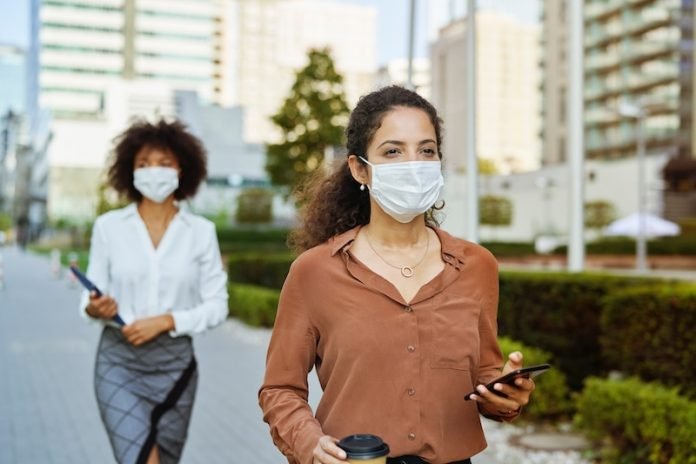
A recent study by a team from the University of California, San Francisco (UCSF) has discovered that Paxlovid (Nirmatrelvir-ritonavir) does not decrease the risk of developing long COVID in vaccinated, non-hospitalized individuals experiencing their first COVID-19 infection.
This research, published in the Journal of Medical Virology, also reports a higher than expected rate of acute symptom rebound and positive test results post-treatment.
Paxlovid has been effective in treating acute COVID-19, particularly in high-risk, unvaccinated individuals. However, its influence on long COVID, especially in preventing its onset in vaccinated individuals, was uncertain until this study.
The UCSF research team selected a group of vaccinated participants from the UCSF COVID-19 Citizen Science study. These individuals had reported their first positive COVID-19 test between March and August of 2022 and were not hospitalized.
The study compared those who took Paxlovid during their acute infection phase with those who did not. In December 2022, participants were surveyed about long COVID symptoms, COVID rebound symptoms, and the duration of their positive test results.
The findings showed little difference between the two groups regarding long COVID symptoms, which included fatigue, shortness of breath, confusion, headache, and altered taste and smell.
Approximately 16% of Paxlovid-treated individuals developed long COVID symptoms, compared to 14% in the untreated group. The severity of long-term COVID symptoms was also similar between the two groups.
Interestingly, the study found a 21% rate of symptomatic rebound among those who initially improved with Paxlovid treatment.
Additionally, 10.8% of participants with rebound symptoms reported experiencing long COVID symptoms, slightly higher than the 8.3% without rebound symptoms.
Among those who underwent repeated antigen testing, 25.7% reported rebound test positivity, contributing to a total of 26.1% experiencing either rebound symptoms or test positivity.
Dr. Matthew Durstenfeld, the study’s lead author and UCSF assistant professor of Medicine, highlighted the unexpected nature of these findings.
The study did not find Paxlovid treatment during acute infection to be associated with a reduced chance of long COVID, aligning with other comprehensive studies showing no difference in post-COVID conditions several months after infection.
The authors acknowledge potential limitations due to the study’s observational nature and reliance on self-reported data regarding treatment and long COVID symptoms.
This research provides crucial insights into the effectiveness of Paxlovid in preventing long COVID, contributing to the evolving understanding of COVID-19 treatment and its long-term impacts.
If you care about COVID, please read studies about Vitamin D deficiency linked to severe COVID-19, and how diets could help manage post-COVID syndrome.
For more information about COVID, please see recent studies about new evidence on rare blood clots after COVID-19 vaccination, and results showing zinc could help reduce COVID-19 infection risk.
The research findings can be found in Journal of Medical Virology.
Copyright © 2023 Knowridge Science Report. All rights reserved.



